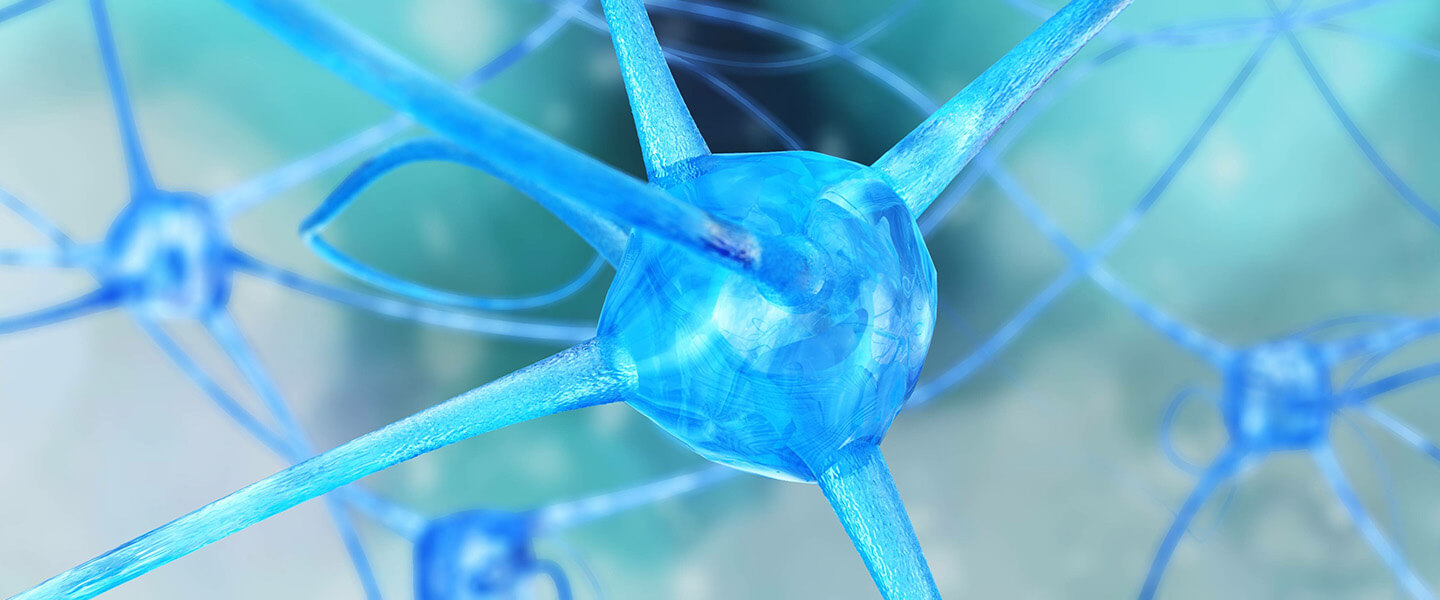In Major Depression, Accelerated rTMS Brain Stimulation Shows Promise
In Major Depression, Accelerated rTMS Brain Stimulation Shows Promise

Researchers have obtained encouraging results in an early test of an accelerated form of non-invasive brain stimulation to treat major depressive disorder.
Reporting in the Journal of Affective Disorders Reports, a team at the University of Toronto led by 2019 BBRF Young Investigator Jean-Philippe Miron recruited 30 patients with a current major depressive episode to test a treatment protocol that delivered rTMS (repetitive transcranial magnetic stimulation) at “low frequency” in eight daily sessions of 10 minutes each (separated by 50 minute “intersessions”) and delivered over five consecutive days. The stimulation targeted the brain’s right dorsolateral prefrontal cortex (R-DLPFC). Being a feasibility study, this test did not involve a control group and was unblinded, meaning the participants knew they were receiving the treatment.
The main objective, say the researchers, was to test the safety and tolerability of a highly accelerated course of low-frequency rTMS, as well as gather preliminary effectiveness data. By low frequency, they mean that the 600 “pulses” in each treatment session were delivered at a frequency of 1 Hz. That is the frequency at which standard rTMS is delivered. Standard rTMS was first approved for depression in 2008, and typically is delivered in once-daily sessions each lasting 37.5 minutes over a period of 4-6 weeks.
Accelerated rTMS protocols have been tested with high-frequency stimulation as well as a technology called intermittent theta-burst stimulation (iTBS) and have shown overall similar effectiveness to standard once-daily rTMS, while shortening treatment length. Compared to these options, according to Dr. Miron’s team, 1 Hz low-frequency protocols are better tolerated, safer, and can be delivered on less costly equipment.
“Shorter rTMS courses retaining similar effectiveness would increase the practicality and scalability of the technique, and therefore its accessibility,” said the team, which also included Zafris J. Daskalakis, M.D., Ph.D., a BBRF Scientific Council member, 2008 BBRF Independent Investigator and 2006 and 2004 Young Investigator, and Daniel M. Blumberger, M.D., a 2010 BBRF Young Investigator. For instance, a 5-day treatment course would greatly lessen the burden on patients who must travel to treatment sites for standard multi-week rTMS therapy.
Participants in the feasibility trial averaged 43 years of age; 43% were female; 80% had not been helped by at least one course of antidepressant medicines during their current depressive episode; and most had depression scores evaluated prior to receiving rTMS that registered in the “severe” range.
Last year, a team led by Nolan R. Williams, M.D., of Stanford University, a 2019 BBRF Klerman Prize winner and 2018 and 2016 BBRF Young Investigator, successfully tested a rapid non-invasive brain stimulation protocol called SAINT in patients with treatment-resistant depression. That test, in 21 patients, led to remissions in 90% of the subjects after completion of the 5-day treatment course. The technology used in that test was intermittent theta-burst stimulation (iTBS) which was targeted individually in each subject based on prior brain scans.
In the test by Dr. Miron and colleagues each participant was assessed prior to the start of the test, as well as 1 week and 4 weeks following the end of the 5-day treatment course. One week following the end of treatments, one-third of the participants had responded to the treatments and 13% experienced a remission of depression symptoms. After 4 weeks, both figures were significantly higher: 43% had responded and 30% had remission of depression symptoms. There were no serious adverse effects.
The response rates at 1 week following treatment were “lower than what is usually reported in standard once-daily rTMS trials,” the team noted. But “this changed 4 weeks after treatment, where there was a notable increase in responders and remitters.” The team speculates that this may be related to individual variations in brain plasticity—the strength of connections between neurons. Changes in plasticity may be involved in both depression and in treatments which lessen its symptoms.
The team concluded that their results “suggest that a significant portion of patients may respond to 1 Hz rTMS when delivered on an accelerated regimen” using standard equipment and looks forward to testing even more intensive low-frequency accelerated protocols in larger randomized controlled trials in the future.



